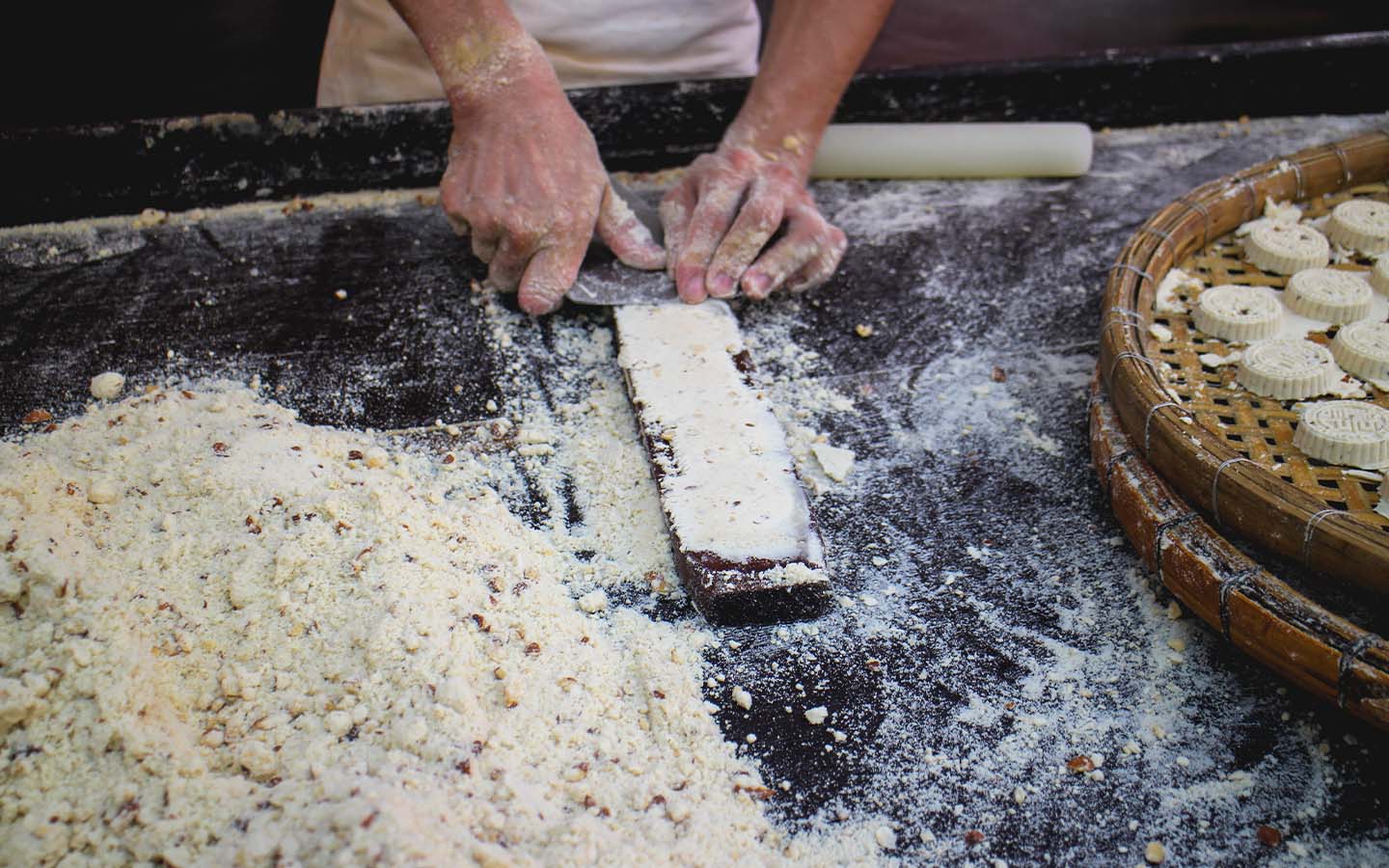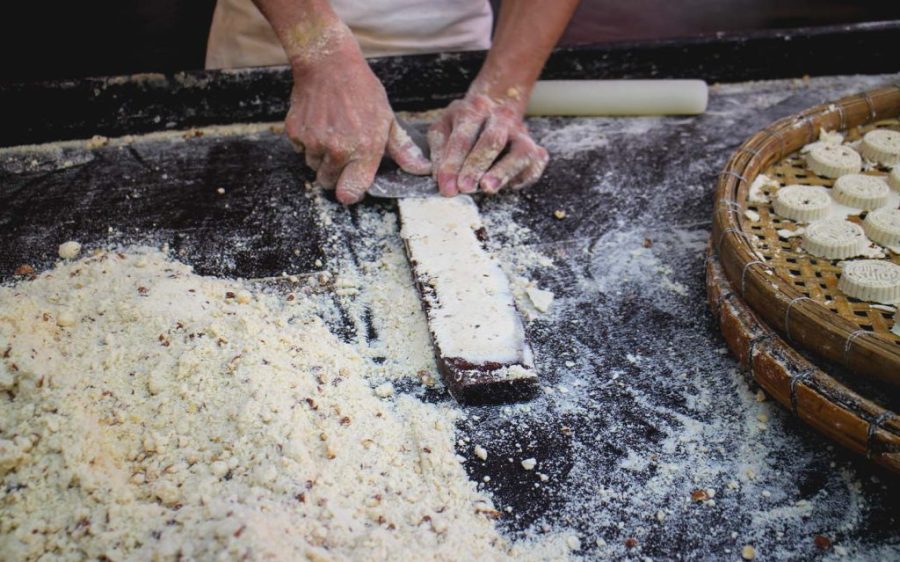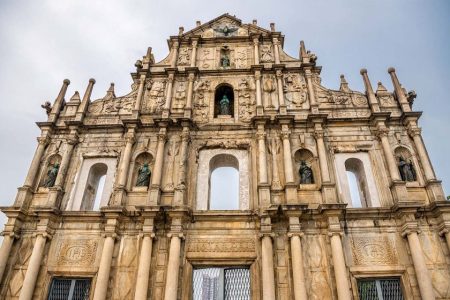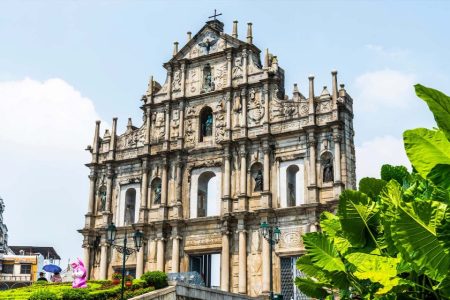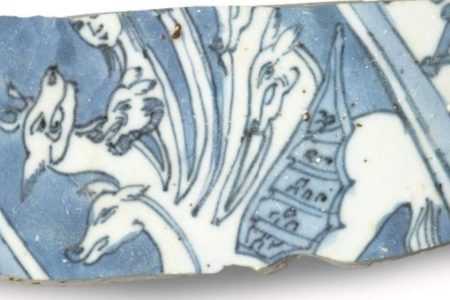The Macao government has proposed 12 new items that it wishes to incorporate on its list of intangible cultural heritage. In a statement published yesterday, the Cultural Affairs Bureau said that the additional items include: the belief and customs of the Earth God (Tou Tei), the Dragon Dance, Lion Dance, Portuguese folk dancing, the Spring Festival, Dragon Boat Festival, Dragon Boat Racing, Tai Chi, custard tarts, almond biscuits, traditional Chinese wedding cakes and the making of jook-sing noodles.
Before inscribing them on the list, the authorities will hold a 30-day public consultation from 4 December 2024 to 2 January 2025. During this period, members of the public are invited to share their opinions with the Cultural Affairs Bureau through mail, email ([email protected]) or telephone (2836 6320).
A public consultation meeting is also scheduled between 3 pm to 5 pm at the lecture theatre of the Macao Museum of Art on 7 December. Cantonese, Portuguese, Mandarin and sign language interpretation services will be provided for attendees.
[See more: The ultimate guide to Macao’s Intangible Cultural Heritage]
All the items that have been proposed are part of the inventory of intangible cultural heritage, which currently has 70 items. By incorporating the 12 new items on the list of intangible cultural heritage, they will receive statutory protection.
Currently, the list of intangible cultural heritage features 12 items that were inscribed on 8 October 2019. They include: Cantonese Opera, Cantonese naamyam (Narrative Songs), Taoist ritual music, Patuá theatre, the beliefs and customs of A-Ma, the beliefs and customs of Na Tcha, the Festival of the Drunken Dragon, Procession of the Passion of Our Lord the Good Jesus, herbal tea brewing, religious wood carving, and Macanese gastronomy.
Since Macao’s handover to the mainland in 1999, the SAR government has passed legislation and implemented various measures to safeguard the city’s unique mix of Chinese and Portuguese elements. The Cultural Heritage Preservation Law, which came into force in 2014, outlines specific measures to protect the city’s culture and traditions.
